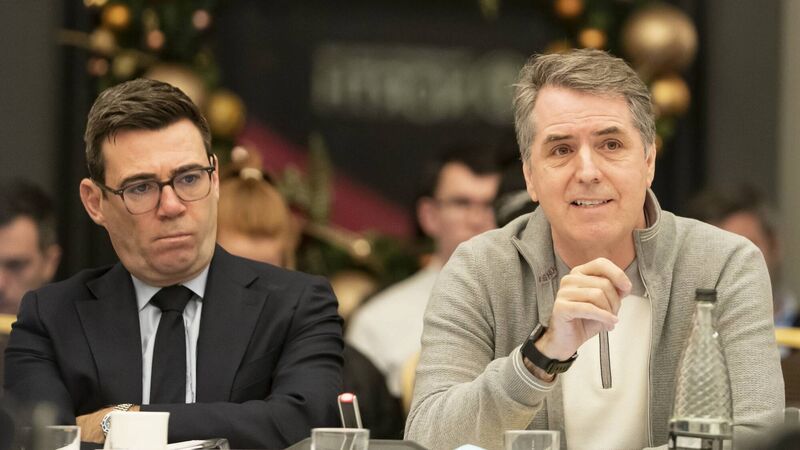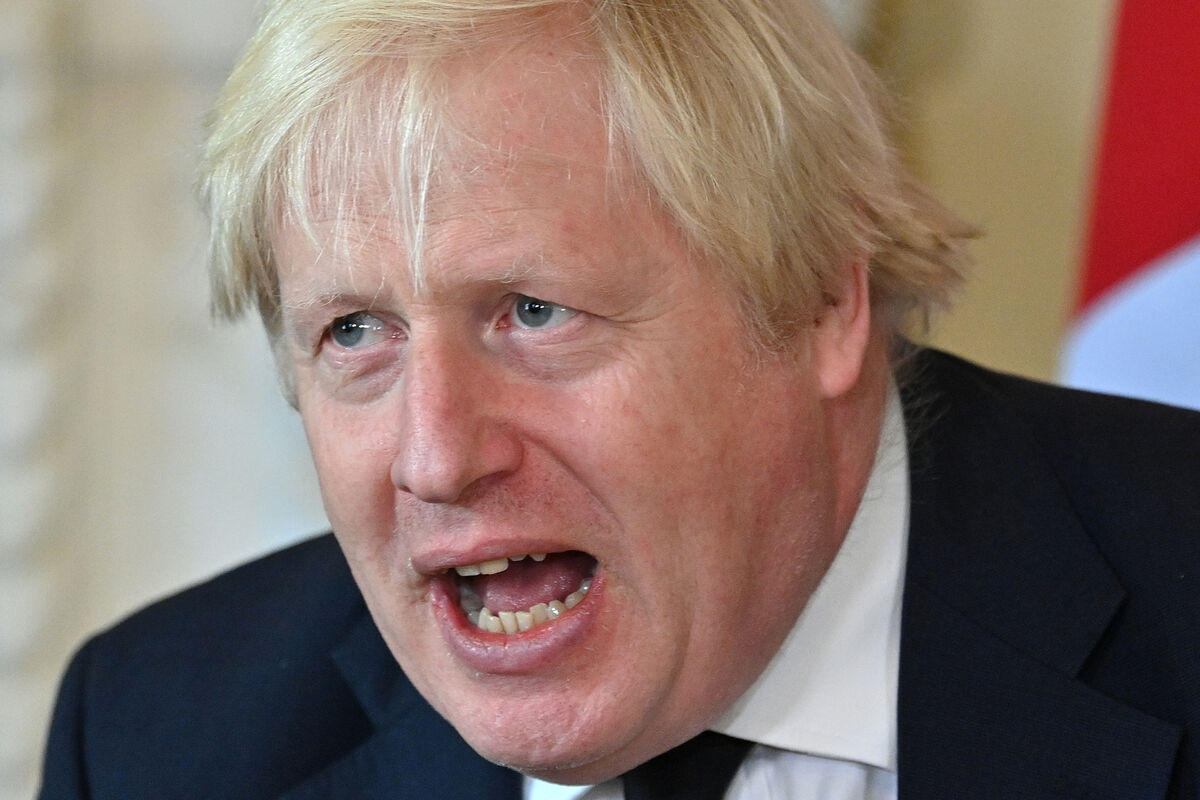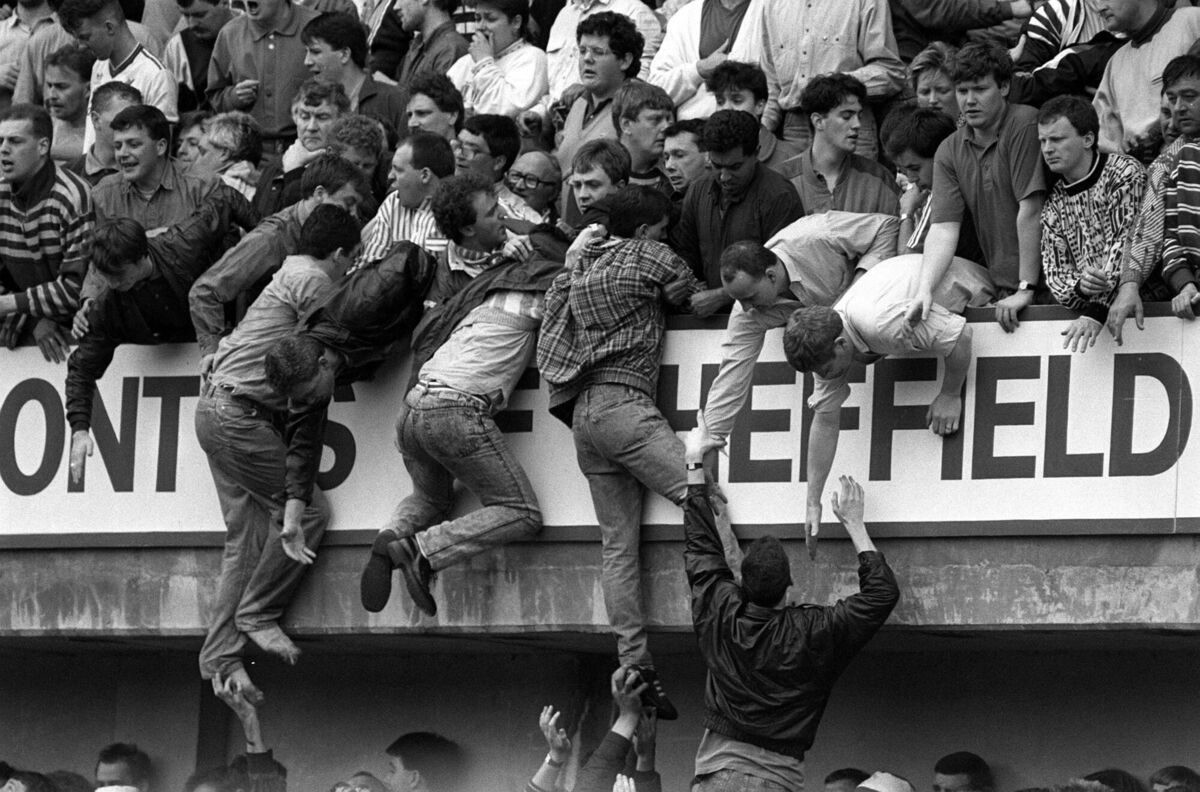Northern lights: UK's regional cities could teach Cork and Limerick a thing or two

Mayor of Greater Manchester Andy Burnham (left) and mayor of Liverpool City Region Steve Rotheram; both men left Westminster, somewhat disillusioned, to become the devolved mayors of their cities.
When you arrive in British cities like Glasgow, Manchester, and Liverpool, you can feel the Irish presence.
It is tangible, visceral almost.
It is so much more than just connections about footballing or stag weekends.
Those links are historical, deeply engrained in families who left Ireland in search of a better life.
So strong are those links that many in those cities identify more with Ireland than they do with their own country’s identity.
Such feelings have resulted in what is seen as systemic bias against the northwest region of England from the London-dominated Westminster bubble.
But devolved powers to the cities of Manchester and Liverpool are changing all that.
Today, an unprecedented trade mission to Ireland from the directly-elected mayors of Liverpool and Manchester begins.
The two men, Andy Burnham and Steve Rotheram, are former Labour MPs and both were central players in delivering justice for the families of those killed in the Hillsborough disaster.
Both men left Westminster, somewhat disillusioned, to become the devolved mayors of their cities.
This trip to Ireland is an attempt by them to say to this country, to Irish businesses and consumers very loudly: Boris and the Westminster establishment do not speak for us.
“We are in a changed world, and we are post-Brexit, post-pandemic, and all the challenges we face,” Mr Burnham says.
“We just wanted to just let people know that we don't necessarily see things always the way people in Westminster see things.”

Rotheram, goes further, describing UK prime minster Boris Johnson as a “global joke”.
“I think the disconnect that people here feel with Whitehall and Westminster is manifest,” Mr Rotheram says.
“For instance, in Liverpool, our voting intentions are very different than the national picture, it's almost contrary sometimes to what's happening on a national level.”
He says this trip is about showing that the northern powerhouses of Liverpool and Manchester feel very strongly about the ties to Ireland.
He says the people of Liverpool “pride ourselves in being the second capital of Ireland.”
“If you ask people, in the Liverpool City region, what would they identify more closely with what happens in Dublin, or in London? I bet you the vast majority would say that they look towards our friends in Ireland,” he says.
The trip will include a meeting with President Michael D Higgins and, virtually, with Tánaiste Leo Varadkar, a meeting with Foreign Affairs Minister Simon Coveney as well as a meeting with the Dublin Chamber of Commerce, before they spend a third day in Belfast.
They will be joined by 15 businesses and former Ireland and Manchester United footballer and Cork legend Denis Irwin, who will act as ambassador during the visit.
There will also be a meeting with the mayors of Dublin and Belfast to sign a memorandum on cooperation in harnessing green energy from the Irish Sea.
Their visit reflects the new post-Brexit challenges as official Irish government figures show that Ireland’s imports from Britain fell by 13% in 2021 — the first year of new checks on British goods post-Brexit — compared to 2020.
Burnham, a former culture secretary and previous contender for the leadership of the British Labour Party, now into his second term as Mayor of Manchester, says devolution of regions has the potential to unlock huge possibilities, referencing the move to devolve powers here in Ireland.
He makes clear that cities like Cork and Limerick can only thrive with devolved powers, saying they and not central governments will be the drivers of progress.
“Change is going to be driven more bottom-up rather than top-down as it is now. In the old days, the government passed a law and then changed everything,” Mr Burnham says.
"I don't think it's going to happen like that anymore. Cities are going to be the drivers of change.
"And I think that's true around the world, and countries that don't empower their cities to crack on and make change happen more quickly, are going to be left behind,” he says.
He says leaving Westminster and becoming Manchester mayor has been “liberating” saying his 16-year stint as an MP was “a long enough sentence for anybody”.
Burnham says he and Rotheram were never “creatures of Westminster”.
“In some ways we were like insurgents down there. We were fighting against it [the system of Westminster], not just on Hillsborough, but on on other things,” he says.
Rotheram says for the well-heeled, upper-class Tories, going to Westminster was “probably just like the transition from juniors to senior school” but for him “it was like going to Hogwarts”.
Yet, Burnham clearly still has an eye on returning, refusing to state his Westminster days are over.
Perhaps he wishes to follow the example of Johnson who was London Mayor before returning to the House of Commons and becoming Tory leader.
While there will be a representative from the UK government on this trip, from speaking to Rotheram and Burnham at the weekend, that tendency to insurgency is apparent.
The pain endured by the city of Liverpool in the wake of the 1989 Hillsborough stadium disaster, in which 97 people were killed, was acutely felt by many in Ireland.
Burnham, as minister played a central part in unlocking British State documents a decade ago which ultimately led to the full truth about Hillsborough emerging.

As a result of that, the original inquest verdicts of accidental death were quashed, new inquests were held and found all the victims died unlawfully.
Most significantly, the release of the documents exposed the extent of the police cover-up which sought to blame the Liverpool supporters for the disaster.
Burnham makes clear that while the official narrative has been overturned, the scars of that 33-year fight for justice will never heal.
“They'll never go — you can't leave an entire English city trying to find justice. And of course, although we did overturn the official verdict and achieved the unlawful killing verdict, there was no individual accountability,” he says.
He says his main conclusion is that the system “doesn't work for the ordinary people”.
Rotheram, in the speech of his career, named the then 96 victims on the record of the House of Commons but said he and Burnham had to fight to change a culture of blame directed at the fans.
“There was still a perception down there that underlining all it really was the fault of the fans,” he says.
Both men are now advocating what they call the Hillsborough Law, new legislation aimed at ensuring better treatment for families affected by public tragedies such as the Hillsborough disaster.
Their petition is being backed by former British prime minister Theresa May, who said its enactment would be a fitting tribute to those who died.
Citing the ongoing battle for justice around the Grenfell Tower disaster, Burnhan says there's a lot of examples of these injustices that just linger on.
“It's linked to the fact that we don't live in a country where everyone's equal before the law sadly and that’s what Steve and I are fighting to change,” he says.










